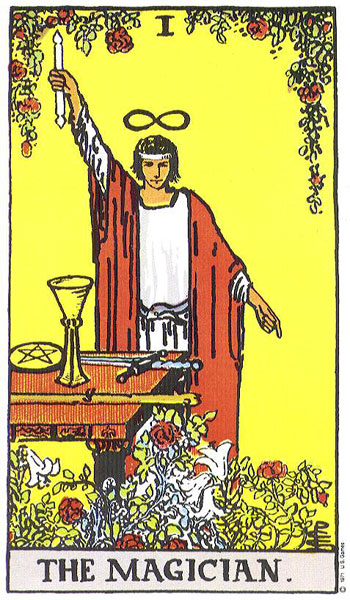Published in 2013, Kapteijn’s book (available online here) about the period of intense clan conflict in Somalia (1980s to 1993) refreshingly first approaches these bloody events through the lens of poetry and popular culture. She finds a few examples of incitements to violence based on the ‘other’ whose identity is solely defined by clan, but mainly hears voices of Somalis rejecting this mentality, wondering how it suddenly gangrened their culture and destroyed their country.
She then goes on to explore that question through accounts of the clan cleansing, either published or collected by her. Her book has become one of the main English-language documents trying to understand this dark period of Somalia’s history; from the civil war that erupted in the final years of Barre’s reign (1980s), through the collapse of his government in January 1991, until the international intervention in 1993. This subject has received much less coverage than, for example, piracy or Al Shabaab and its international links. The victims could mostly not made themselves heard in this era, before the mobile phone and internet, and most contemporary chroniclers prefer not to dwell on the savage killing, looting and forced displacements.
Somalis I met who read this book (or know about it) seem generally uncomfortable that a foreigner has poked her nose into this painful period. They don’t believe she can grasp what they themselves still struggle to understand. Since all clans and many of today’s political leaders participated in this period of clan cleansing, no-one is scot-free, and any foreign investigation may feel like an ICC-like invasion of Somali sociopolitical space, with potentially negative effects (‘opening a can of worms’). Shame about this period is also still very strong. Continue reading →

